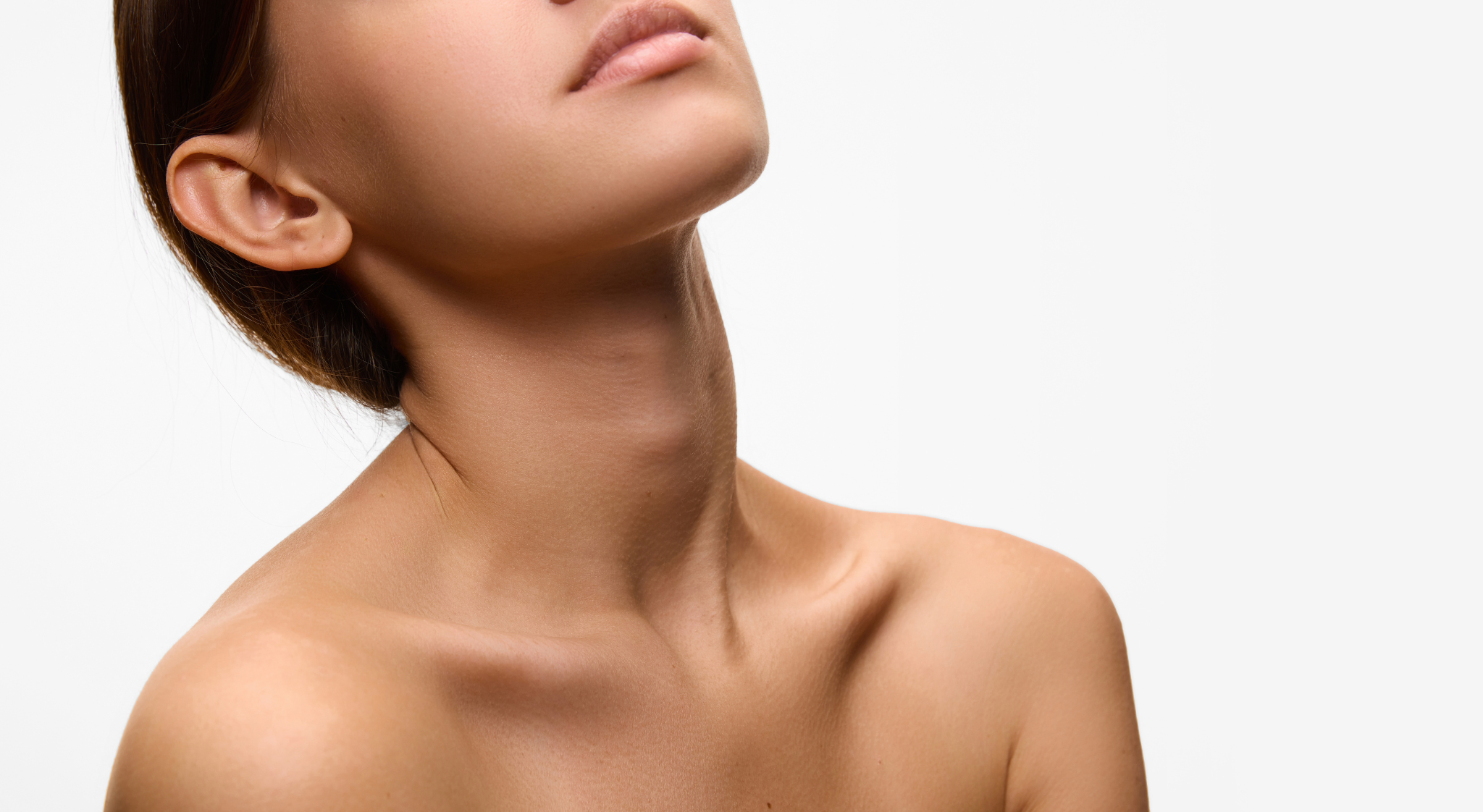Buccal fat removal is, in simple terms, a cheek reduction surgery. While the first recorded instance of this procedure dates back to the 1930’s, the popularized fad of a V-shaped jawline has been more recently reintroduced into society by the influence of pop culture and today’s public figures.
If you weren’t already aware, buccal fat removal helps people with rounded and fuller cheeks enhance the appearance of their jaw by removing unnecessary fat from lower areas of the face. Though in some cases, the treatment itself can be completed in as quick as ten minutes, it is best to take a few factors into consideration before going under the knife. In this article, we will explore the in’s and out’s of this procedure, so that you can make an informed decision about whether or not buccal fat removal is for you. Let’s begin.
Who is a Good Candidate for Buccal Fat Removal?
Buccal fat removal is an incredibly individualized procedure. Most people electing to take part in this surgery are in their 20’s, and thus, typically have not yet experienced age-related changes to their facial structure. These individuals generally have rounded cheeks with diet-resistant fat. Good candidates for buccal fat removal include: individuals who are at a healthy weight, have realistic expectations, are non-smokers, and are willing to commit to the post-operative care instructions.
What Happens During Buccal Fat Removal?
Buccal fat removal is typically performed under local anesthesia, meaning that the area under operation is numb and the patient is awake. During this procedure, a doctor will create small incisions on either side of the face, inside the cheek. The buccal fat pad is then accessed and reduced appropriately. The incision points are then closed with dissolvable stitches. The patient will be sent home from their buccal fat removal surgery on the same day.
Buccal Fat Pad Removal: Recovery Time and Aftercare
After the procedure is completed, the patient’s surgeon, will explain the aftercare precautions the patient must take in order to ensure adequate healing and the desired post-operative results. Examples of such precautions include: adhering to a soft food diet, keeping the blood flowing through light activity, and cleaning one’s mouth with a specialized wash.
It is natural to experience swelling and business after the effects of anesthesia fade out. The surgeon will go over pain management options, such as prescription medications and ice pack protocols. Provided instructions are followed, a patient should be fully recovered at around three weeks after the procedure takes place.
Conclusion
Buccal fat removal addresses an area of insecurity for those who are unhappy with the fullness of their face. The procedure is targeted at individuals who live an active lifestyle and maintain a healthy weight; it works by removing the excess fat from cheeks and, thus, gives a more defined shape to the lower half of the face.
The duration of the buccal fat removal surgery is typically short, as the process itself is relatively straightforward. As with any procedure, a patient should visit a qualified professional, who will help to decipher candidacy or propose alternative options, should a patient opt to find other face-sculpting solutions. Here at the Advanced Institute for Plastic Surgery, we emphasize creating a customized treatment for our patients. Come stop by or give us a call, so we can help you achieve the sculpted look you’re striving for.
